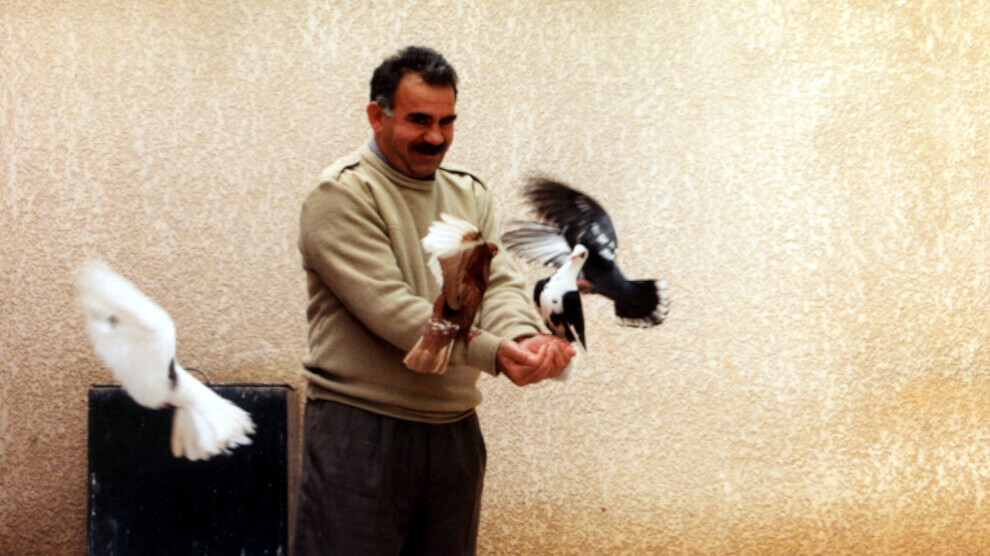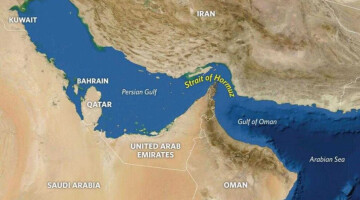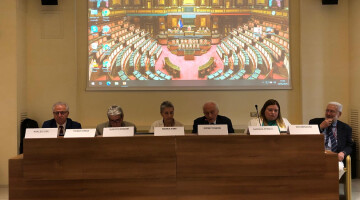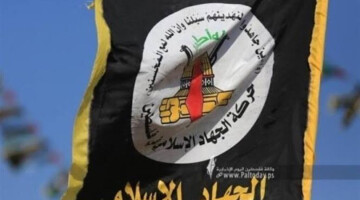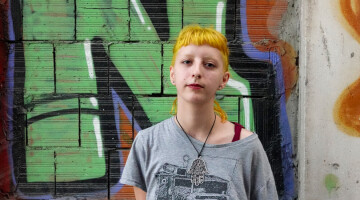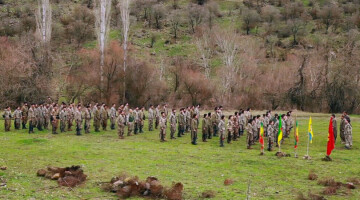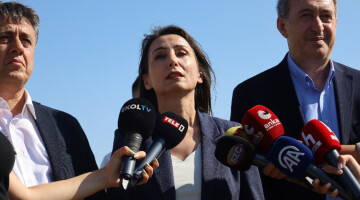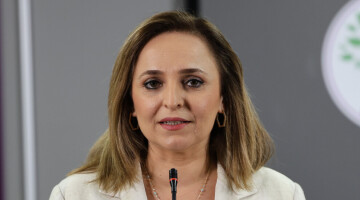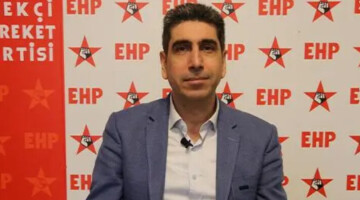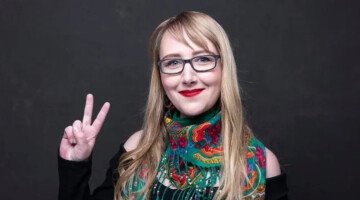The Kurdish people’s leader Abdullah Öcalan has been in almost total isolation for 22 years. This isolation was condemned by international institutions such as the European Committee for the Prevention of Torture (CPT), however, these condemnations had practically no consequence for Turkey, which continued to tighten the isolation regime on Imrali. In this ANF interview, lawyer and human rights defender Tim Engels, who practiced in Düsseldorf, spoke about the legal and political dimension of the isolation of the Kurdish people’s leader.
Mr. Engels, why are the European states silent about the isolation on Imrali, which was also condemned by the CPT? What could the German government do?
On the one hand, it should be easy for those in power to refer to the so-called rule of law, according to the slogan that this is a matter of the independent judiciary. The European Court of Human Rights has no executive rights. In any case, the CPT only has a recommendatory function in the Council of Europe. As a member, however, this is binding for Turkey. If the governments remain silent is because there are economic interests behind it. They don’ want to jeopardize the military and trade relations with NATO member state Turkey and the so-called “refugee deal” with its government.
What kind of influence would Abdullah Öcalan's freedom have on developments in Kurdistan and the Middle East?
The freedom of Abdullah Öcalan could further spur the new beginnings that emanated from self-government in Rojava, the ideas of women's liberation, of Democratic Confederalism to create a democratic-ecological civil society through local grassroots organizations, without questioning the respective state unity. Abdullah Öcalan can certainly be regarded as a thought leader, as he historically developed this real utopia in his prison writings, the multi-volume Manifesto of Democratic Civilization.
What role can Öcalan play for peace in Turkey and Kurdistan?
All previous unilateral ceasefires and peace initiatives came from the Kurdistan Workers' Party, its liberation or defense forces or from Abdullah Öcalan, beginning with the first ceasefire in Newroz in 1993, at the turn of the millennium, through the Oslo peace talks and until the Imralı peace negotiations. The latter were unilaterally cancelled by the Turkish President six years ago. In them lay the chance to end the war and find a political solution.
Abdullah Öcalan is a personality who will play a central role in future negotiations and will be a key to peace comparable to Nelson Mandela, Gerry Adams, Yasser Arafat, Arnaldo Otegi, Carles Puigdemont ... That is the reason for his ongoing imprisonment and isolation.
Could you be more specific?
The Turkish government does not want peace. It is still hoping for something from the war, even though it should know - especially being the second strongest NATO army - that it won’t be able to win it, especially not militarily. Turkey is concerned about the influence that Abdullah Öcalan, his thoughts and writings are having on the all-Kurdish liberation movement in the Near and Middle East and about the inspiring effect on other peoples and minorities in the region.

